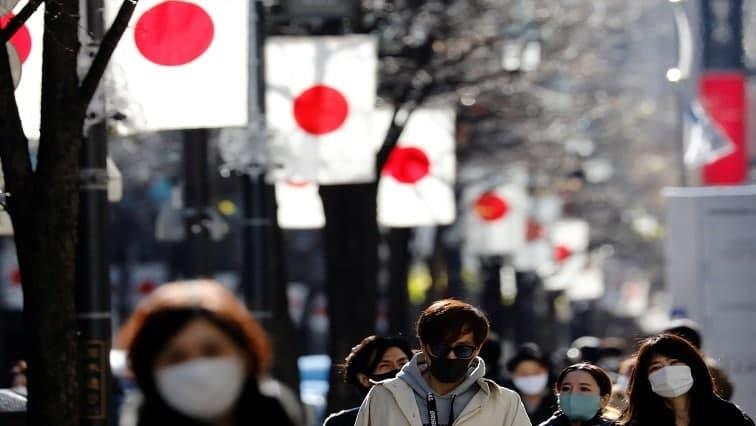TOKYO, July 30 (Reuters) - Japan's government on Friday (Jul 30) proposed states of emergency through Aug 31 in three prefectures near Olympic host city Tokyo and the western prefecture of Osaka, a cabinet minister said, as COVID-19 cases spike to records around the country.
Existing states of emergency for Tokyo and southern Okinawa island should be extended to Aug 31, Economy Minister Yasutoshi Nishimura, who is spearheading Japan's pandemic response, told a panel of experts.
The experts are expected to sign off on the proposal and Prime Minister Yoshihide Suga to announce it formally later on Friday.
The Japanese capital announced a record 3,865 daily infections on Thursday, up from 3,177 a day earlier. Daily cases nationwide topped 10,000 for the first time, domestic media reported.
Noting that the health care system was already under strain, Nishimura said: "By creating a strong framework for the region as a whole, we want to suppress the spread of the virus by all means."
Suga and Olympics organisers have denied there is any link between the Jul 23-Aug 8 Summer Games and the recent sharp spike in cases.
Athletes and other attendees from around the world must follow strict rules to prevent any spread of the virus within the "Olympic bubble" or to the wider city. Spectators are banned from most venues.
But experts worry holding the Games has sent a confusing message to the public about the need to limit activities to contain the virus as the highly transmissible Delta variant spreads.
Less than 30 per cent of residents of Japan are fully vaccinated. Nishimura repeated that all those who want to get vaccinated should be able to do so by October or November.
This week's spike prompted the government's top medical adviser to urge a "stronger, clearer" message about the growing risks from the pandemic, including to the increasingly strained medical system.
Japan has avoided the devastating outbreaks suffered by other countries such as India and the United States, but its fifth wave of the pandemic is straining hospitals.
More than 60 per cent of Tokyo hospital beds available for serious COVID-19 cases were filled as of Tuesday, city data showed.
Many Japanese have grown weary of the largely voluntary restrictions and some experts say the decision to go ahead with the Olympics sent a confusing message, posing a greater risk than any direct spread from Olympic participants.


